Since California Governor Gavin Newsom’s bill increasing the minimum wage for fast food workers went into effect in April, the entire country has been discussing the shockingly negative consequences.
Gov. Newsom’s legislation has led to an increase in fast food prices throughout the Golden State, which were already exorbitant. Now, 80% of residents say they can’t afford fast food, but instead of lowering their prices, McDonald’s may leave California for good.
Fast Food Is More Expensive Than Ever
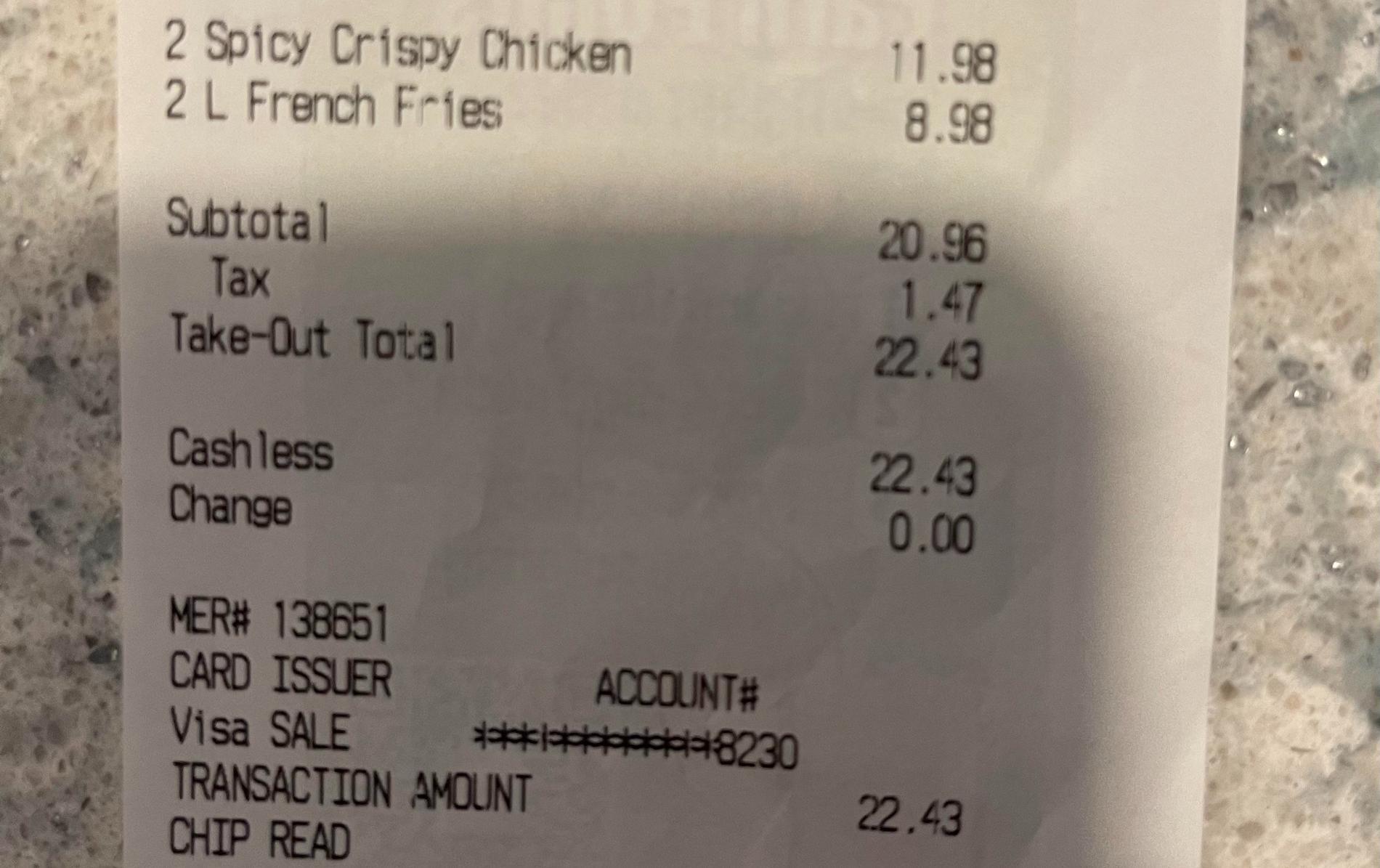
Even before Newsom’s bill went into effect, the cost of fast food in the USA, and specifically in California, was higher than it’s ever been before.
McDonald’s menu prices have increased by more than 100% over the last ten years. A Big Mac meal can now cost up to $18, a Quarter Pounder with Cheese meal is $11.99, and an Egg McMuffin costs $7.29 in some states. Of course, McDonald’s isn’t alone. Five Guys, Taco Bell, Burger King, and every other famous chain are charging far more than they did just a few years ago.
McDonald’s Announced It Would Raise Prices After Minimum Wage Hike

But just when Americans thought fast food prices couldn’t get any higher, McDonald’s announced that it would be raising in April 2024, just after Newsom’s minimum wage bill went into effect.
The new law increased the minimum wage for fast food workers from $16 to $20, and while $4 may not seem like a lot, that’s a 25% increase. And since McDonald’s employs more than 70,000 Californians in its 1,300 Golden State locations, the corporation will end up paying hundreds of thousands, if not millions more, in labor costs this year.
McDonald’s Has to Ensure Their Profit Margins Don’t Plummet
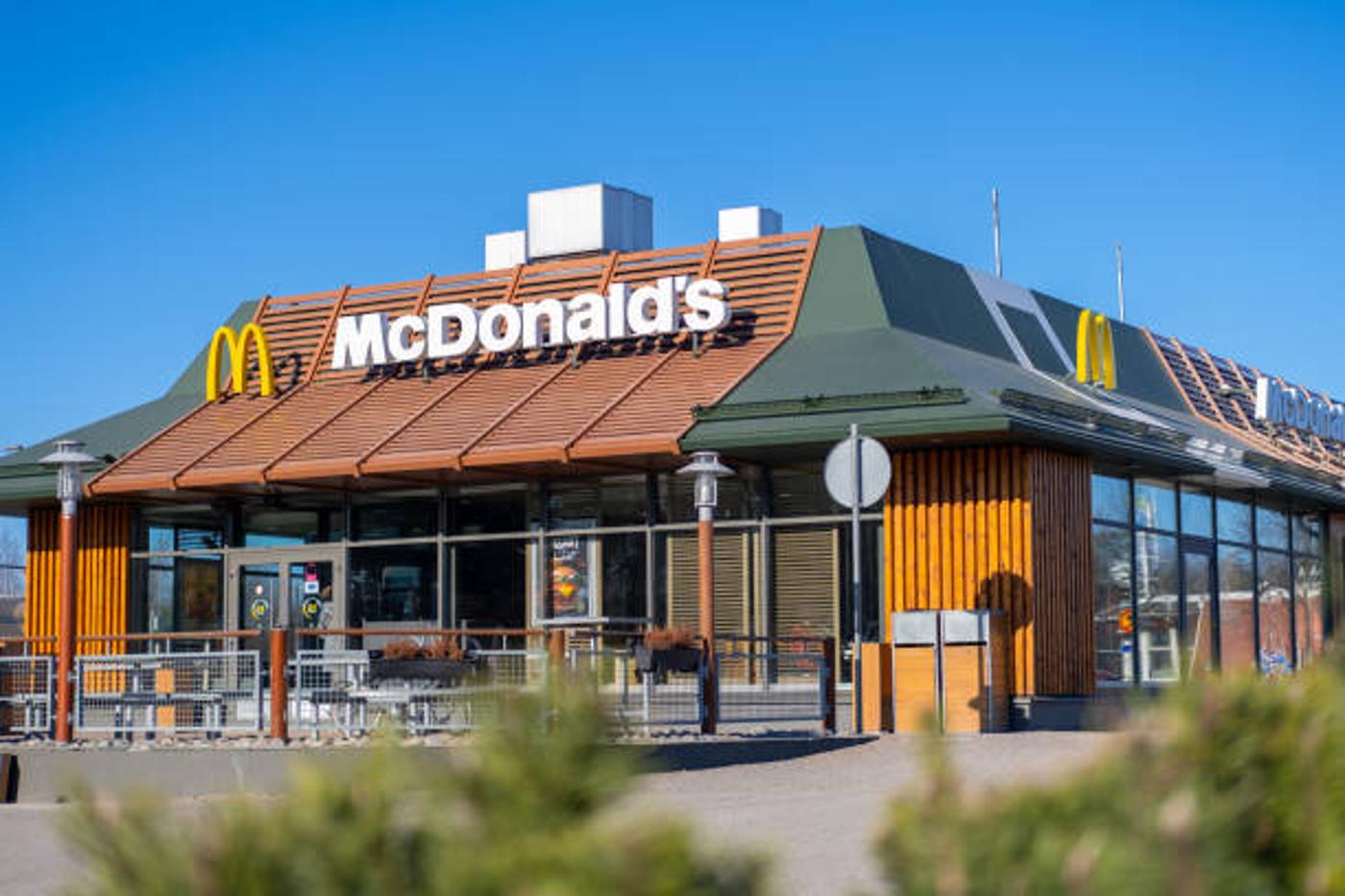
McDonald’s essentially explained that to combat the significant increase in labor costs, it had one of two options: increase the price tags or lay off hundreds or even thousands of employees.
Realistically, both options will have a negative effect on the already struggling American economy. Increasing prices will mean even fewer Americans can afford a McDonald’s burger, and layoffs would mean a spike in unemployment.
McDonald’s Needs a Long-Term Strategy to Combat Increasing Labor Costs
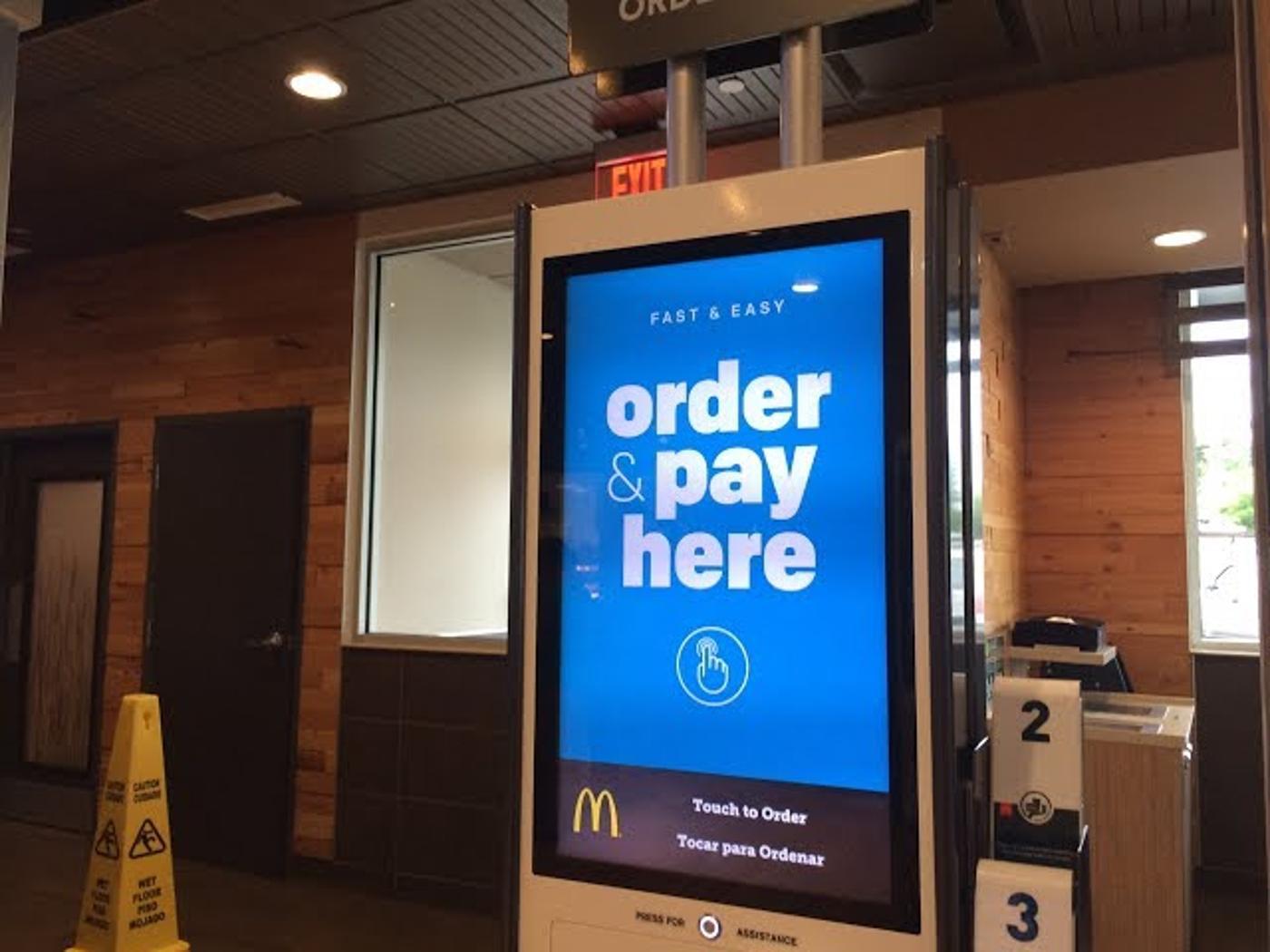
If McDonald’s wants to keep its food affordable for the masses, layoffs are really the only option. Even a few years ago, this plan couldn’t have worked because the restaurants would have needed employees to function, but that’s simply not true anymore.
Thanks to advancements in artificial intelligence technology, McDonald’s and other fast food chains can and have started using self-service kiosks instead of cashiers. They consider the machines to be a long-term investment, as with just one purchase, they can save millions over the years on wages.
There Are Even Robots That Can Prepare Burgers

Automated tellers, both in the restaurant and at the drive-thru, aren’t technically new, but chains like McDonald’s may soon decide to completely replace front-of-house human employees in the next few years.
Additionally, there are already robots that can cook and prepare food. Although it sounds futuristic now, it is highly likely that McDonald’s won’t need any human workers within the next decade.
McDonald’s Might Close Its 1,300 Stores in California
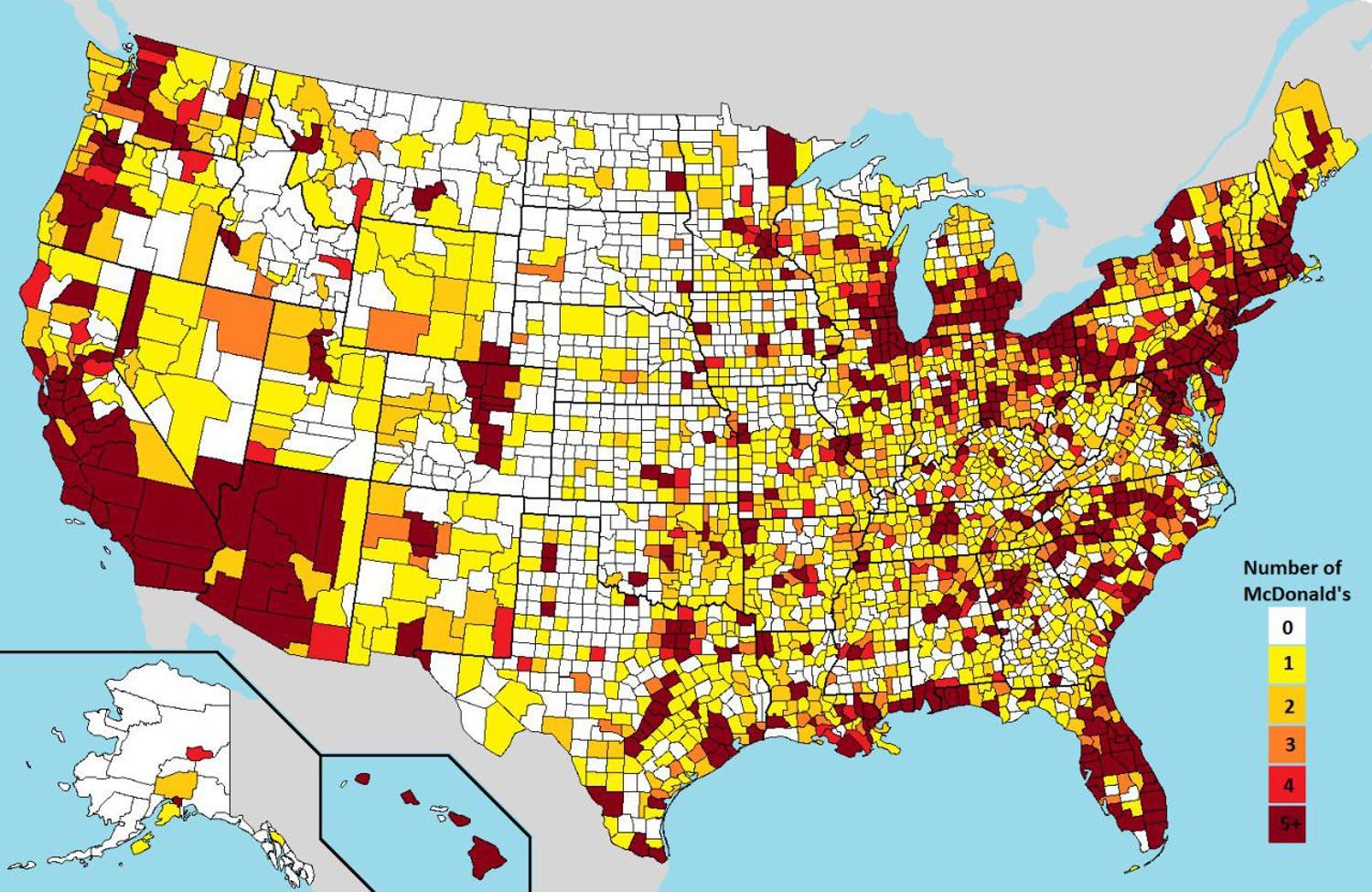
However, as technology continues to advance, McDonald’s still needs to figure out how it’s going to run its restaurants in California while paying its 70,000 employees $20 per hour.
Although it has yet to be confirmed, there are rumors that McDonald’s may actually close its 1,300 California locations as they simply cost too much money to run. This decision would certainly be life-changing for the company itself and California residents, but it has even bigger implications for the nation.
Gavin Newsom Isn’t Happy With the Consequences of His Bill

Newsom passed the bill increasing the minimum wage for California fast food workers to improve their quality of life and ensure they could afford to live in the growingly expensive state.
However, between the increased cost of fast food, the layoffs, and the threat that some companies may abandon the state, the governor is now dealing with substantial backlash. Now, some say this sequence of events will affect the rest of the country, not just California.
The Minimum Wage Affects a State’s Economy

Other states may have been considering raising their minimum wages in order to improve their economies, but after what happened in California, state governments will likely think twice before doing so.
While it would mean more money in the pockets of minimum wage workers, raising the minimum wage will make consumer products, like fast food, more expensive, which is something that most Americans simply cannot afford.
80% of Americans Say Fast Food Is a Luxury

Prices are already so high for a quick burger or sandwich in almost every single one of the 50 states that 80% of Americans say they can no longer afford to eat fast food.
Thanks to inflation and the ever-increasing cost of living across the country, the vast majority of Americans are struggling to pay their bills, let alone buy anything that isn’t an absolute necessity.
Americans Are Living on a Budget

Most Americans are choosing to eat at home instead of eating out to save money, and that now includes the once-affordable fast food options.
Several companies, like Starbucks, Pizza Hut, and KFC, reported a decline in sales for the first quarter of 2024, which hasn’t happened in years. While some are planning to cut back on staff and raise prices to combat this problem, they may have to actually decrease their prices if they want customers to come back.
The Future of the Fast Food Industry Is in Jeopardy
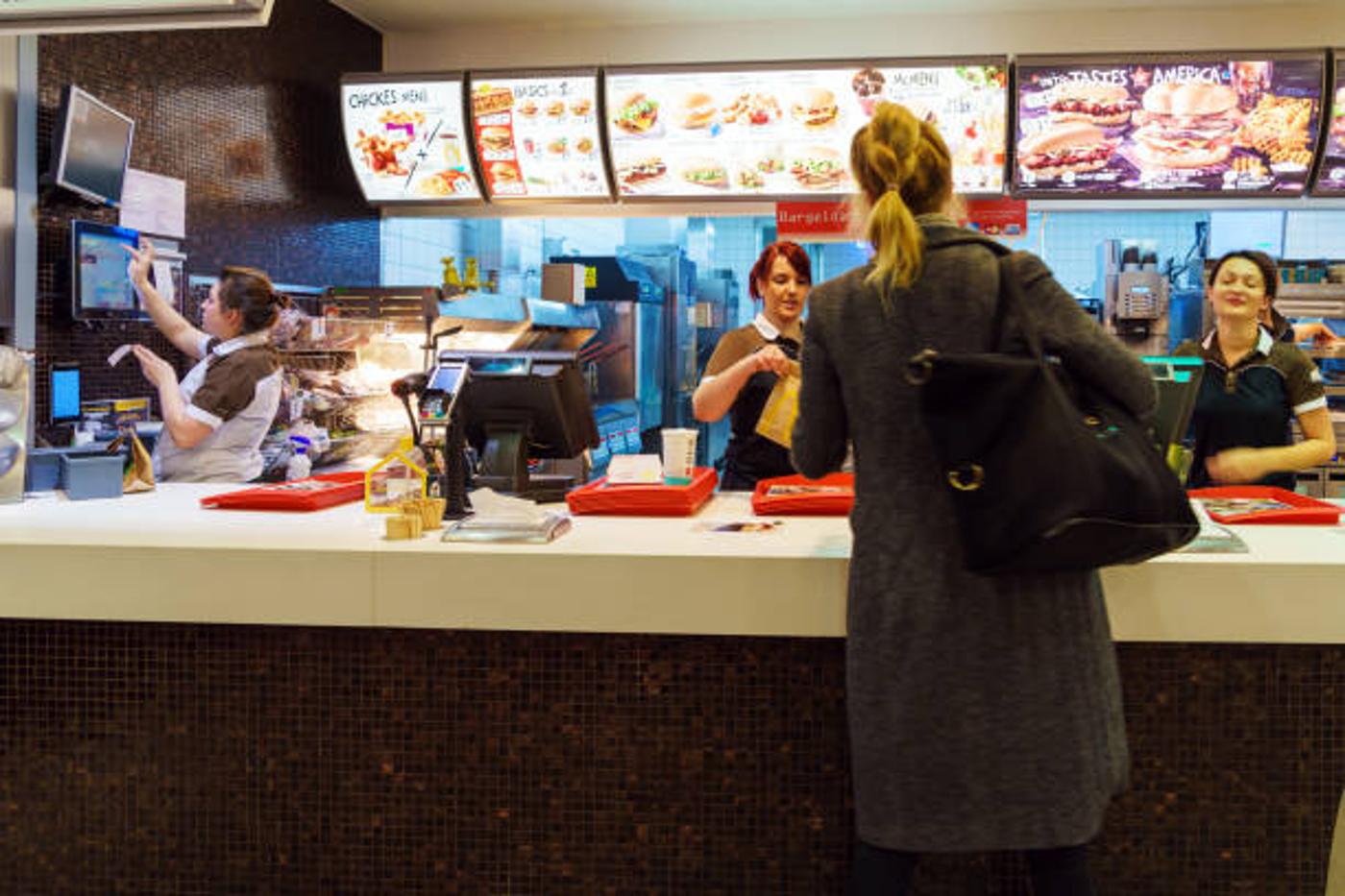
For now, it seems everything is up in the air. McDonald’s may leave California behind, increase its prices at Golden State locations, or lay off hundreds of thousands of people.
The American fast food industry has long been one of the most profitable and successful in the country. However, that may change very soon if companies can’t find ways to make their food more affordable.








































